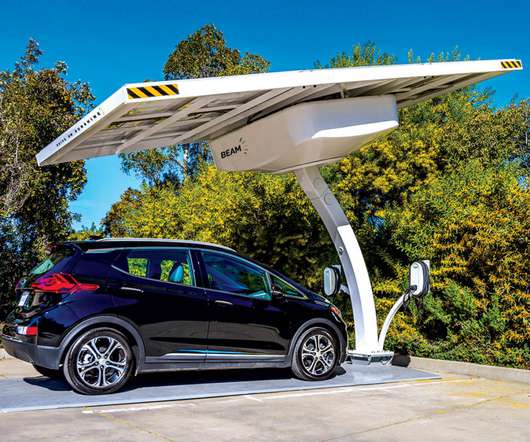Google and IEEE launch $1M challenge for downsized inverters
Green Car Congress
JULY 28, 2014
Google and the IEEE have launched the Littlebox Challenge—an open competition to design and build a small kW-scale inverter with the highest power density (of at least 50 W/in 3 , or 3.05 Google and IEEE are emphasizing size reduction in their challenge, without targeting a specific application area such as automotive.












Let's personalize your content